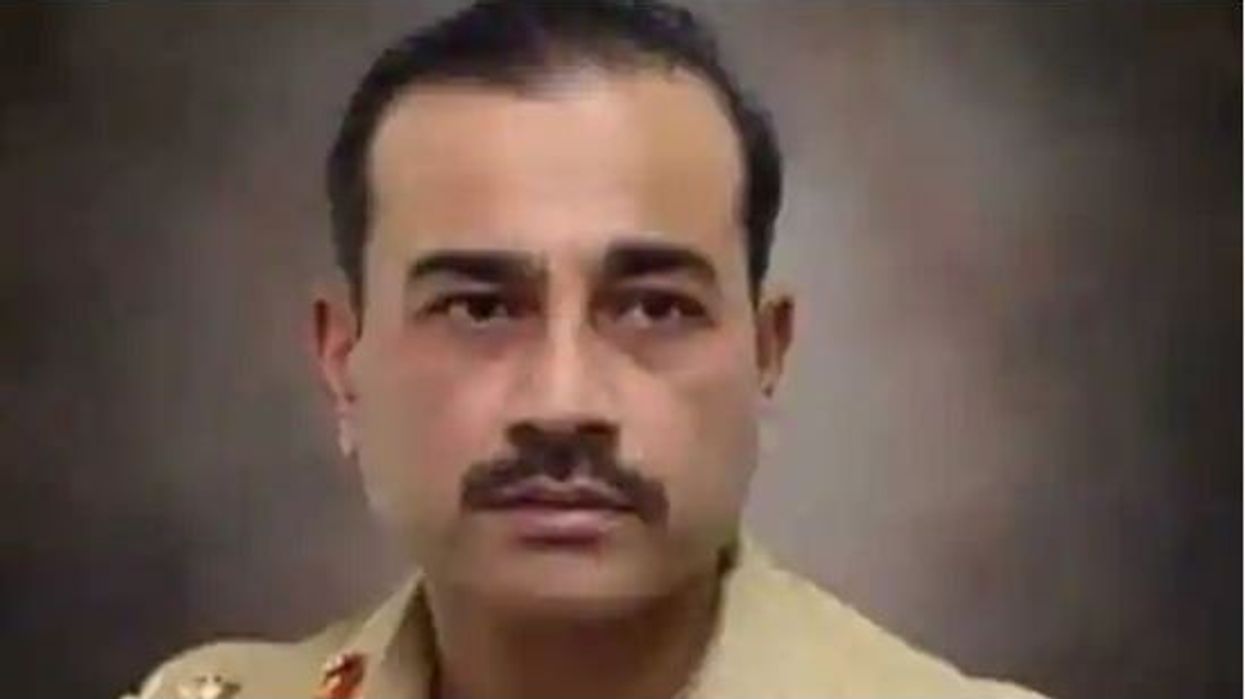Pakistan on Thursday (24) named Lieutenant-General Asim Munir as chief of its army, an organisation that plays an extraordinarily influential role in the governance of this nuclear-armed nation.
Munir, who also headed both of Pakistan's powerful spy agencies, will take over from outgoing General Qamar Javed Bajwa, who retires later this month after a six-year term, the defence ministry said.
His appointment coincides with a dispute between the military and former prime minister Imran Khan, who blames the army for playing a part in his ouster earlier this year and who has been leading anti-government protests since then.
"It is based on merit, law and as per constitution," Defence minister Khawaja Asif told reporters after announcing Munir's appointment.
The army has historically played a huge role in both domestic and foreign politics, and Munir's appointment could impact Pakistan's fragile democracy, its relations with neighbours India and Taliban-ruled Afghanistan, as well as its pivot towards China or the United States.
Munir is the 17th chief of the army since Pakistan gained independence from Britain in 1947, a period that has seen almost twice as many prime ministers in office. He was quartermaster general - in charge of supplies for the entire army - and served in an area disputed with India that borders China, as well as in major financial supporter Saudi Arabia.
Little is known about Munir's political affiliation, but analysts were sceptical that the army would be able to honour a pledge by outgoing chief Bajwa to keep the military out of national politics.
"The army continues to be in the game of politics," said author and political analyst Ayesha Siddiqa. "Munir will now have to find a way to run a hybrid government without being unnecessarily visible."
Khan, who was wounded in a gun attack earlier this month during anti-government protests, is the latest in a long list of civilian leaders to blame the military for removing him from power. These include Nawaz Sharif, the longest-serving prime minister who was in power a total of 9 years over three tenures.
The army has rejected any involvement in Khan's ouster, but analysts expect Munir to continue the military's efforts to keep Khan, a vocal critic, out of power.
(Reuters)





